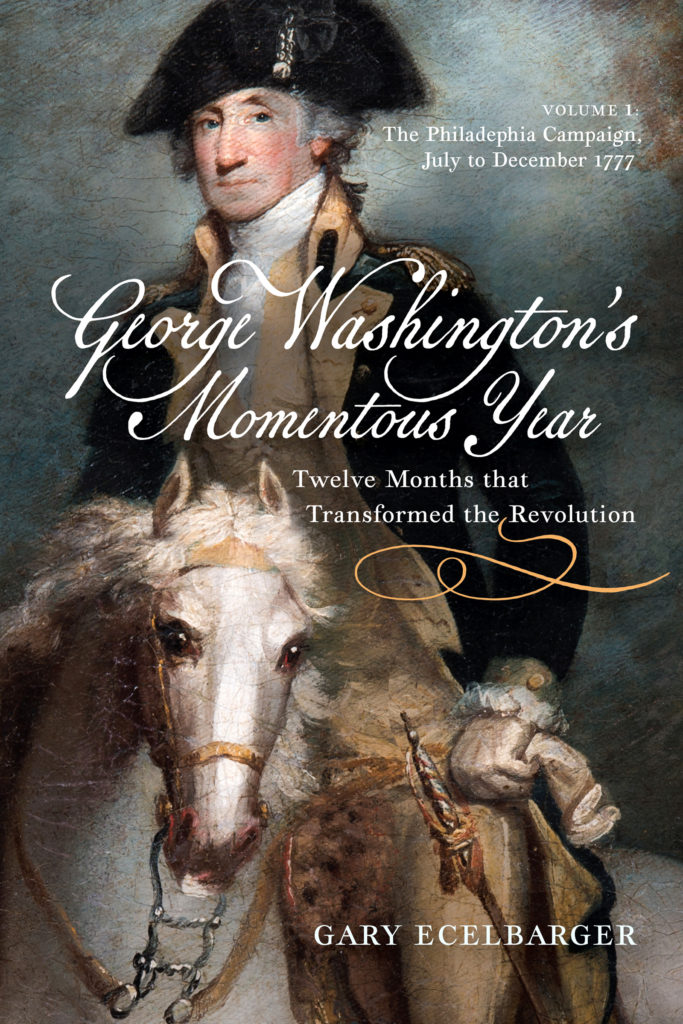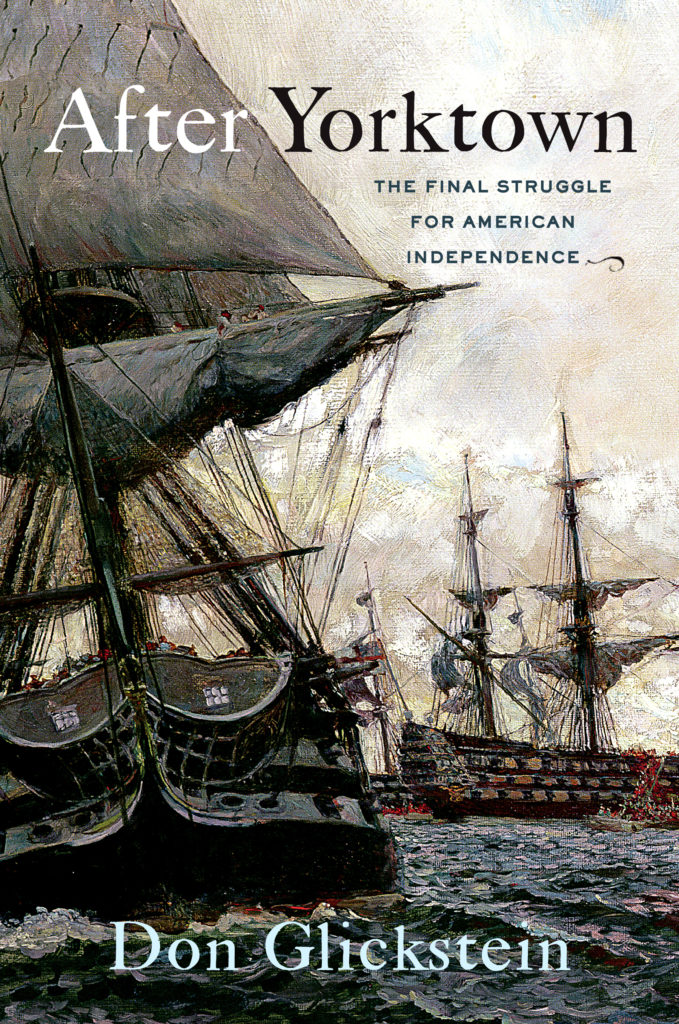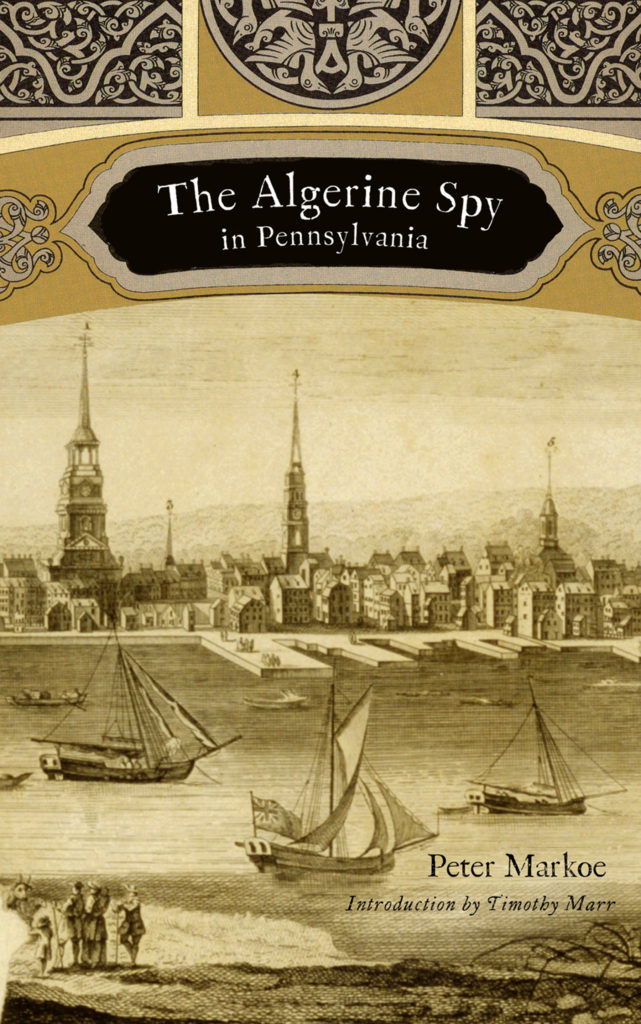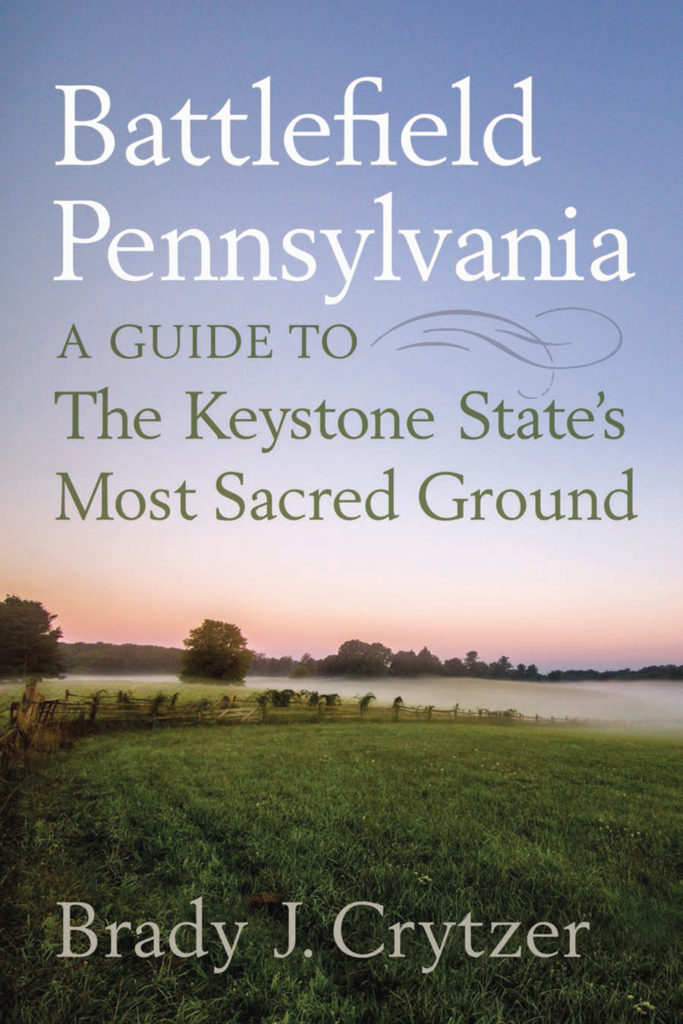About This Book
On July 4, 1777, George Washington was so consumed with where the British would strike that he ignored the nation’s first birthday. One year later, Washington created an independence celebration so spectacular that soldiers proudly recalled it in their old age. As historian Gary Ecelbarger explains in George Washington’s Momentous Year: Twelve Months that Transformed the Revolution, it was between these two antithetical anniversaries where the fight for independence under Washington’s leadership changed from a precarious regional struggle to a global conflict. In August 1777, the British landed at Head of Elk, Maryland, and defeated the Continentals at Brandywine, White Horse Tavern, and Paoli, before occupying Philadelphia. Over the next several months, the forces clashed at Germantown, Red Bank, and White Marsh, and in December, Washington and his troops fell back to Valley Forge. Despite the immediacy of the Philadelphia campaign, Washington remained in charge of the entire Continental effort, and welcomed the American victory at Saratoga that secured an alliance with France. In the new year, British forces were ordered back to New York, and as they set out across New Jersey, a newly invigorated American army engaged them at Monmouth Courthouse. This was Washington’s final time leading troops in battle and ended with his Continentals masters of the field.
In the first of this history’s two volumes, the author narrates the personalities, decisions, and battles of the Philadelphia campaign, primarily from the perspective of Washington. Based on a fresh analysis of primary sources, the author demonstrates that Washington was an offensive-minded commander seeking avenues of attack during a very mobile campaign. Throughout, we follow the growing relationships between the commander in chief and his “military family,” including well-known personalities such as Alexander Hamilton and Marquis De Lafayette, as well as less-heralded volunteers like, Tench Tilghman, Caleb Gibbs, John Cadwalader, and Joseph Reed. During this period, from July to December 1777, Washington had to juggle logistics for his army as well as those far afield, fend off challenges to his leadership, and direct the greater war effort all the while preparing to engage enemy forces at his front. The result is a new and compelling look at America’s most famous military figure and his truly momentous campaign.

Gary Ecelbarger is an award-winning author of nine books and two dozen articles, monographs, and essays relating to eighteenth- and nineteenth-century history.





